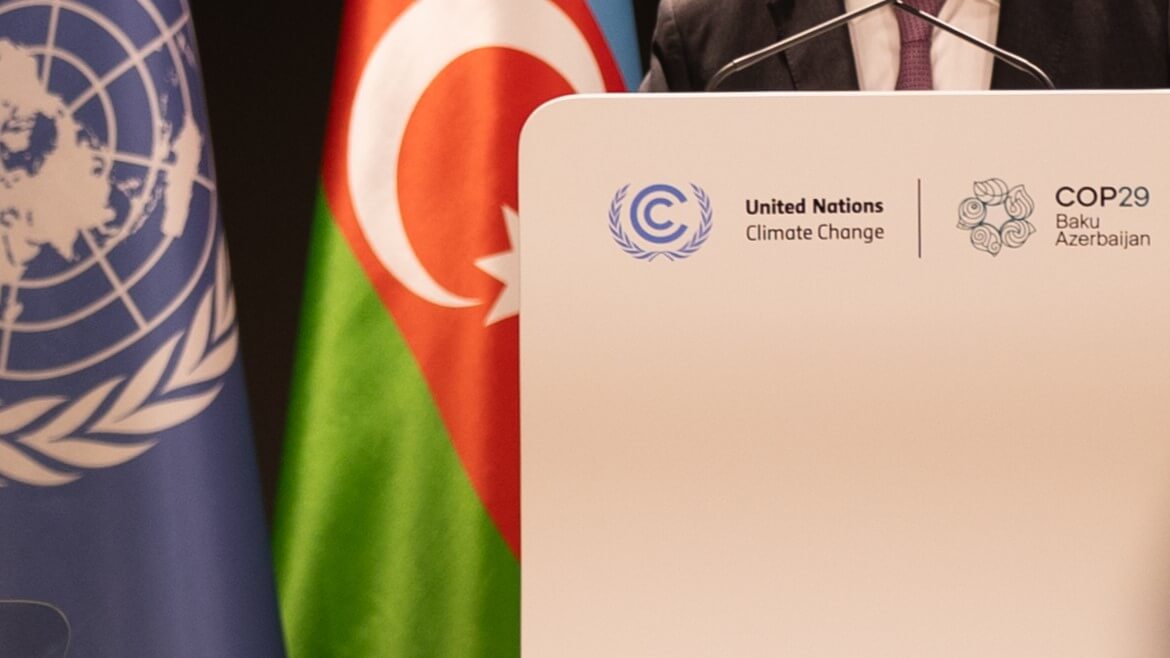
The Declaration, which aims to accelerate climate-positive digitalization and reduce emissions in the Information and Communication Technology sector, marks a significant step forward in recognizing digital technology’s role in addressing climate change.
The ISC is a founding co-champion of CODES , alongside prominent partners including Future Earth, the German Environment Agency, ITU, the Kenyan Ministry of Environment and Forestry, Sustainability in the Digital Age, UNDP and UNEP.
CODES, established in 2021 in response to the UN Secretary-General’s roadmap for digital cooperation, has been instrumental in shaping global digital sustainability policy. The coalition’s framework, developed through consultation with over 1,000 stakeholders worldwide, advocates for three fundamental shifts from business-as-usual: enabling alignment, mitigating negative impact, and accelerating innovation.
This Declaration reflects CODES’ core message that digital sustainability must be at the heart of our climate response. CODES as a platform and a community provides a model for consultative and inclusive work which is needed to navigate some of the key challenges of our time such as digitalisation and environmental sustainability, to build a more sustainable future.
Megha Sud, Senior Science Officer, ISC
The coalition’s influence was previously demonstrated when its digital sustainability messaging was incorporated into the Global Digital Compact, adopted by world leaders in September 2024, marking a landmark agreement on the safe, sustainable, and inclusive use of AI and digital technologies.
Following the adoption of the Global Digital Compact earlier this year, this Declaration further cements the international community’s recognition that digitalization needs to be consciously driven to be harnessed as a positive force for sustainable development.
Reina Otsuka, Lead Digital Innovation for Nature Climate and Energy, UNDP
In endorsing the COP29 Declaration along with the CODES partners, the ISC reinforces its commitment to advancing digital technologies that drive scientific progress and contribute to a more sustainable future.
Image: CC BY-NC-SA 2.0 (UNFCCC) via Flickr